Riding a horse to see flowers is translated from the Chinese idiom "Tẩu mã quan hoa" (走馬觀花). "Tẩu mã" means to ride a horse, Vietnamese people translate it as riding a horse (to go). "Quan hoa" means to see, to admire flowers. This idiom comes from the poem " Dang khoa hau " (After passing the exam) by Meng Giao (751 - 814) - a famous poet of the Tang Dynasty. Meng Giao failed the exam twice, and it was not until the twelfth year of Zhenyuan (796) that he passed the doctorate exam, at that time he was 46 years old.
The last two sentences of the poem "Horseback to the Imperial Examination " are the earliest origin of the idiom "Riding a horse to see flowers": " Happy to ride a horse and gallop in the spring wind; see all the flowers in Chang'an in one day" (春風得意馬蹄疾, 一日看盡長安花), meaning "Happy to ride a horse and gallop in the spring wind; see all the flowers in Chang'an in one day". These two sentences describe Meng Jiao's happy and proud mood when he heard that he passed the exam, he went out with the crowd to see the spring scenery in the capital Chang'an. Please note, "Truong An" is the context related to this idiom, not "royal garden" as explained by the Anthology of Vietnamese Literature : "Riding a horse to see flowers: refers to the honor of a person who passed the imperial examination to ride a horse to see flowers in the royal garden" (Social Sciences Publishing House (1997), volume 13, part 1, p. 306).
However, the last two verses of the poem "Posthumous Examination" only briefly mention the act of riding a horse to see flowers. It was not until the poem "Tam Bao An" (三報恩) by Bi Wei of the Ming Dynasty that the concise expression of this idiom was shown: " Tràng trung khan van, tau ma quan hoa " (Reading literature at school, riding a horse to see flowers). In addition, it is also necessary to mention the sentence: " Dã bất qua tau ma quan hoa " in chapter 23 of "The Legend of the Young Heroes " by Wen Kang of the Qing Dynasty. The Legend of the Young Heroes is considered the earliest social novel in the history of Chinese novels, combining chivalry and romance.
Nowadays, "Riding a horse to see flowers" or "Skipping a horse to see flowers" are both idioms used to describe doing things roughly, without going into detail (things that should be done more carefully and thoroughly). These two idioms are considered synonymous with two other Chinese idioms, which are:
- Phù quang luốc ảnh (浮光掠影): light on the water surface is like a shadow that passes by, disappears immediately, leaving no impression. This idiom refers to everything in the world as ephemeral and difficult to grasp; or refers to a sketchy article lacking practical knowledge. Phù quang luốc ảnh originates from the poem Lâm cao Đài (临高台) by Trư Lượng, in volume 32 of the Toàn Đường thi (全唐诗) of the Tang Dynasty.
- Jingting diem thuy (蜻蜓点水) is when a dragonfly touches the water surface lightly, referring to a superficial, fleeting action. This idiom is also used to describe a gentle kiss. Jingting diem thuy comes from Du Fu's poem Khuc giang (曲江): "Butterflies hidden deep in the flowers appear, dragonflies fly slowly, occasionally touching the water".
Source link


![[Photo] General Secretary To Lam attends the 95th Anniversary of the Party Central Office's Traditional Day](https://vphoto.vietnam.vn/thumb/1200x675/vietnam/resource/IMAGE/2025/10/18/1760784671836_a1-bnd-4476-1940-jpg.webp)
![[Photo] Collecting waste, sowing green seeds](https://vphoto.vietnam.vn/thumb/1200x675/vietnam/resource/IMAGE/2025/10/18/1760786475497_ndo_br_1-jpg.webp)
![[Photo] Closing ceremony of the 18th Congress of Hanoi Party Committee](https://vphoto.vietnam.vn/thumb/1200x675/vietnam/resource/IMAGE/2025/10/17/1760704850107_ndo_br_1-jpg.webp)
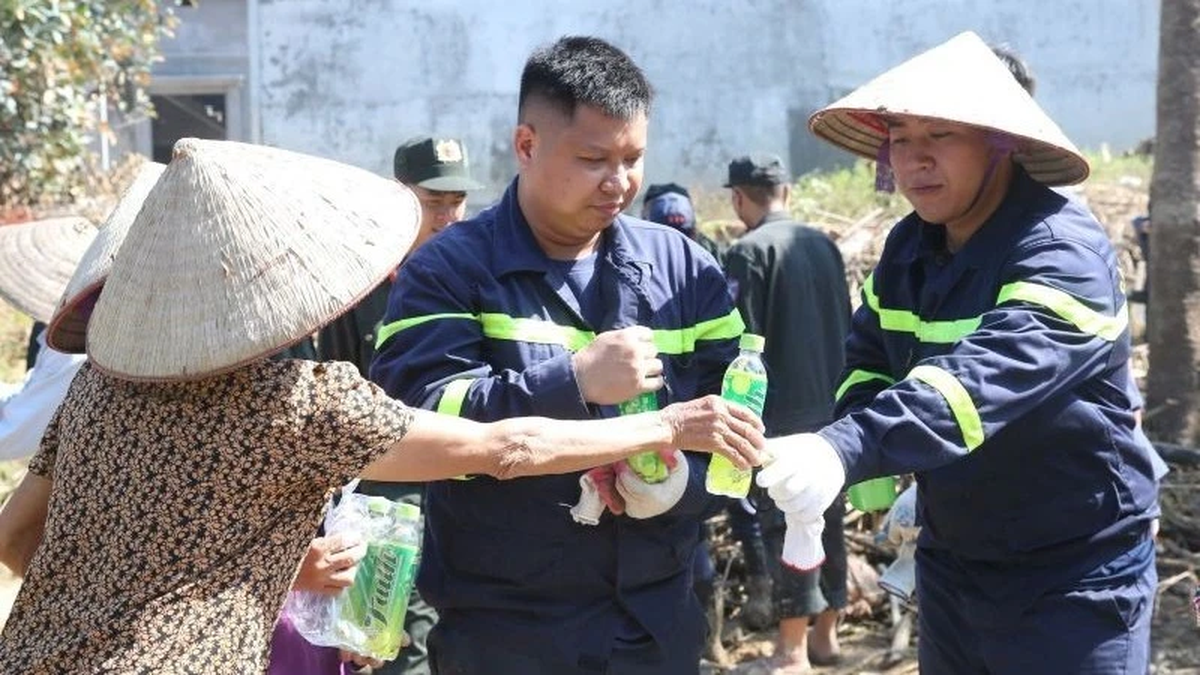
![[Photo] Immerse yourself in the colorful musical world of “Secret Garden Live in Vietnam”](https://vphoto.vietnam.vn/thumb/1200x675/vietnam/resource/IMAGE/2025/10/18/1760805978427_ndo_br_thiet-ke-chua-co-ten-41-png.webp)







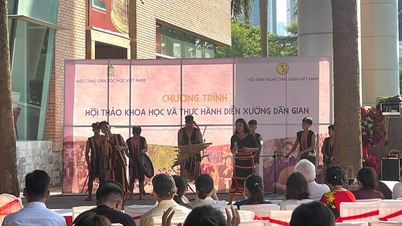


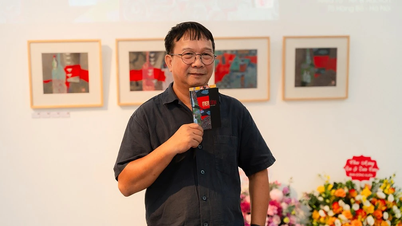





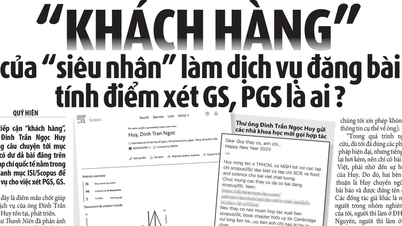






















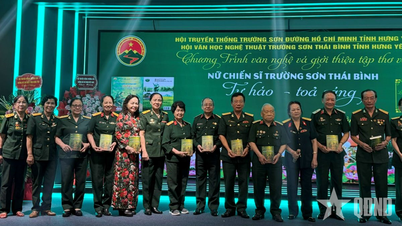


















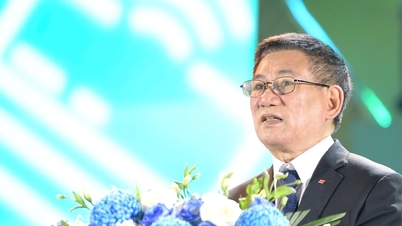



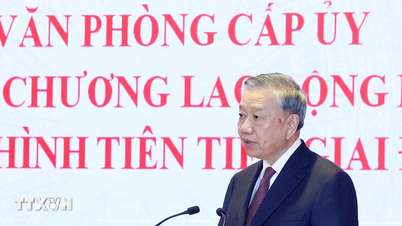







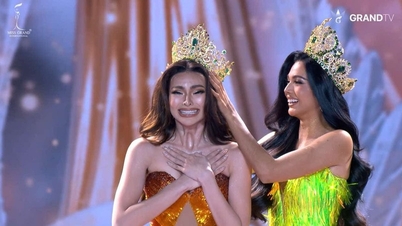

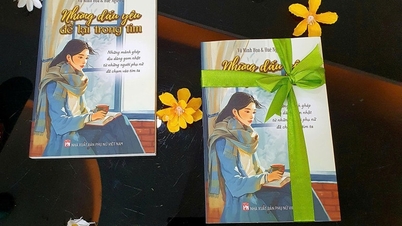


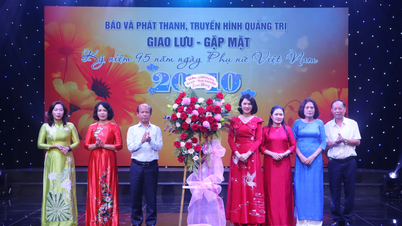

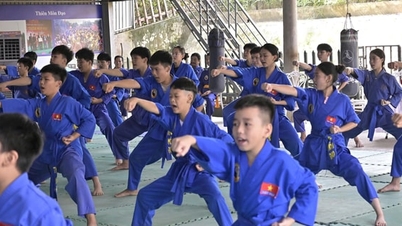













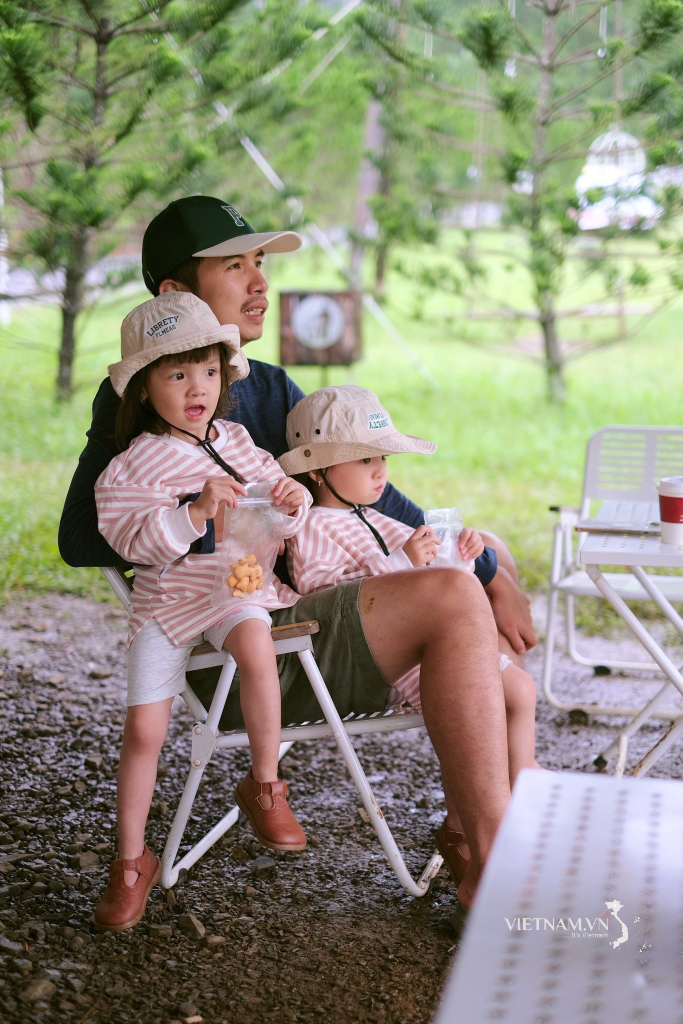
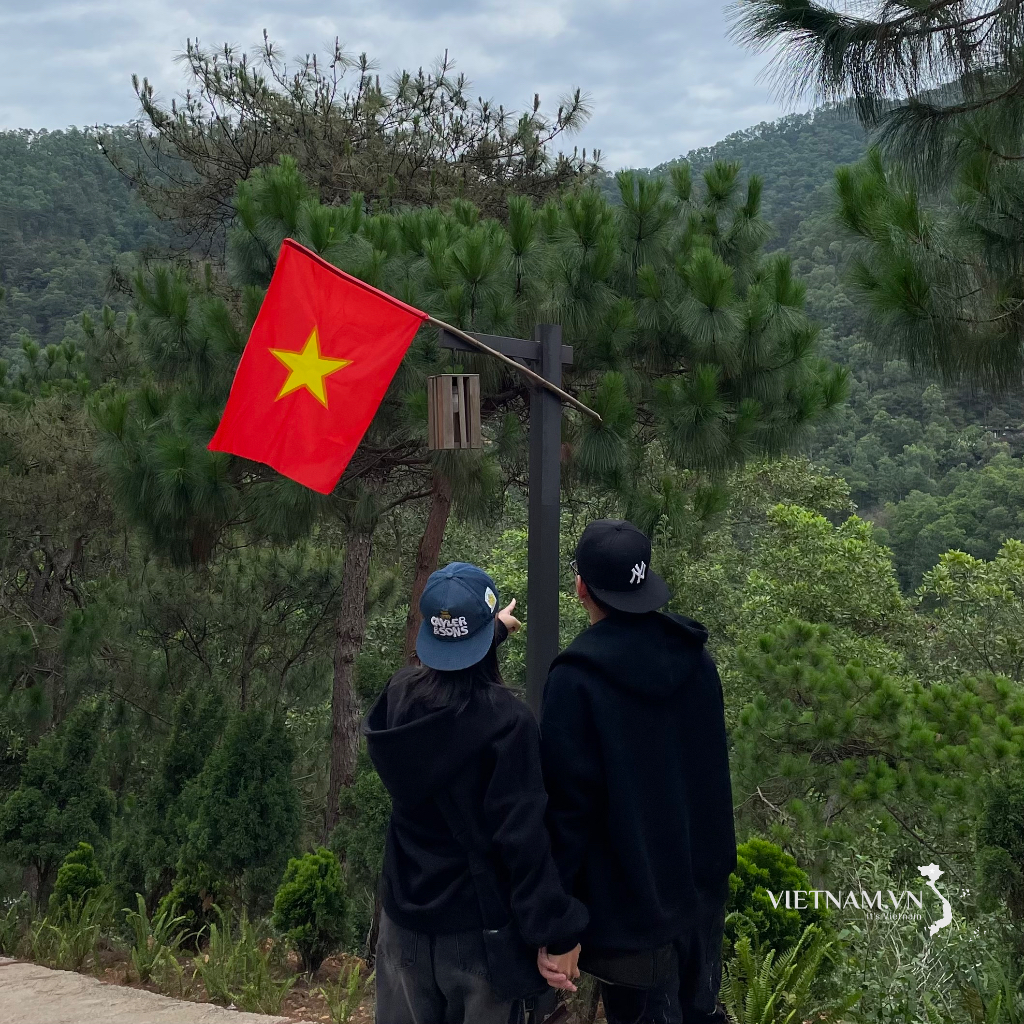
Comment (0)